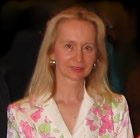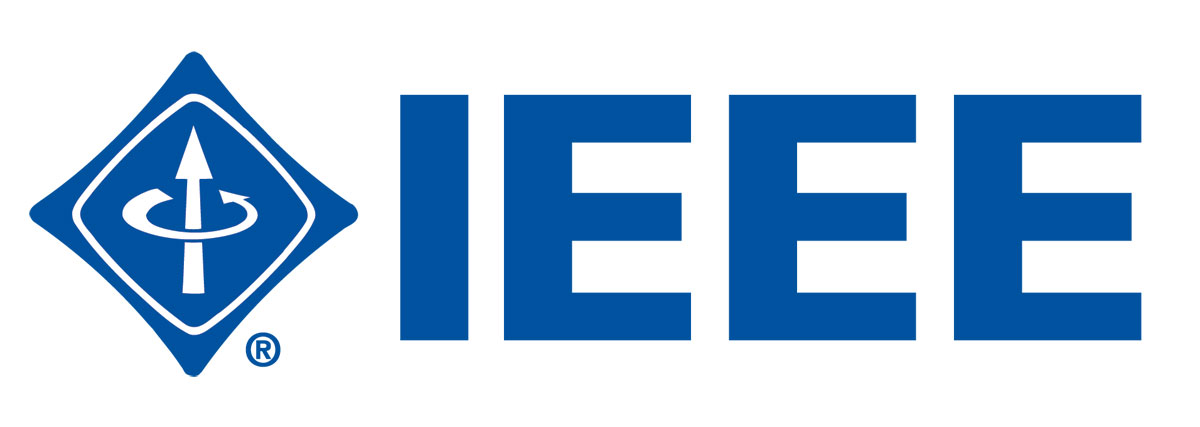
Anna Nagurney is the John F. Smith Memorial Professor in the Department of Finance and Operations Management in the Isenberg School of Management at the University of Massachusetts Amherst. She is also an Affiliated Faculty Member in the Department of Civil and Environmental Engineering and the Department of Mechanical and Industrial Engineering at UMass Amherst. She is the first female to be appointed to a named Professorship in the University of Massachusetts system. She is the Founding Director of the Virtual Center for Supernetworks and the Supernetworks Laboratory for Computation and Visualization at UMass Amherst. She received her AB, ScB, ScM, and PhD degrees from Brown University in Providence, Rhode Island. She devotes her career to education and research that combines operations research/management science, economics, and engineering. Her focus is the applied and theoretical aspects of decision-making on network systems, particularly in the areas of transportation a
nd logistics, energy and the environment, and economics and
finance. Her most recent book, with Q. Qiang, is Fragile Networks:
Identifying Vulnerabilities and Synergies in an Uncertain World,
published by John Wiley & Sons. She is also the author of Supply Chain
Network Economics: Dynamic of Prices, Flows, and Profits, and has
authored or co-authored 8 other books including Supernetworks:
Decision-Making for the Information Age, Financial Networks,
Sustainable Transportation Networks, and Network Economics, has edited
the book, Innovations in Financial and Economic Networks, and has
authored or co-authored more than 185 refereed journal articles and
book chapters.









